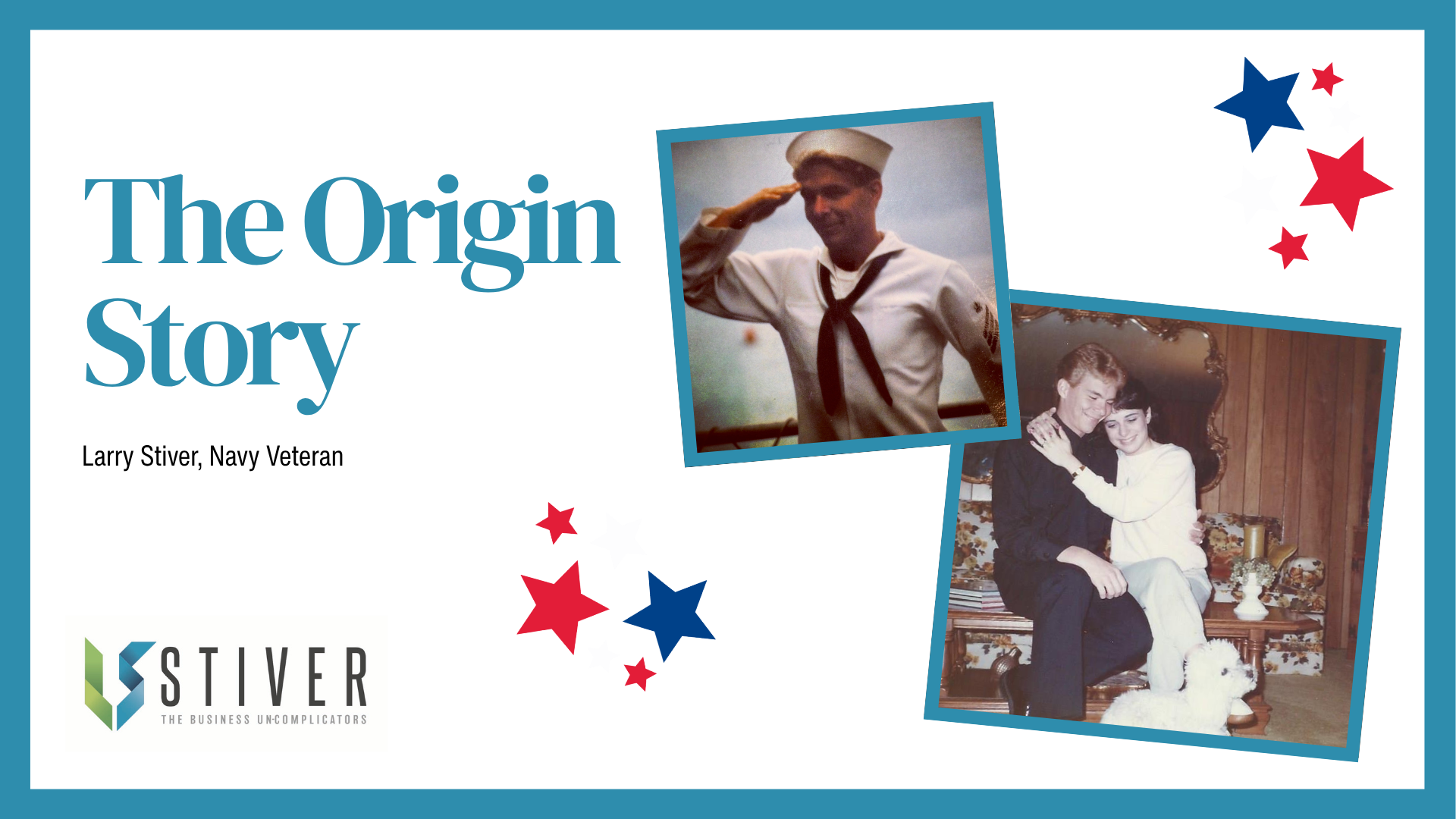When a Business Owner Feels Boxed In by Their Own Success

When a Business Owner Feels Boxed In by Their Own Success
I met with a business owner recently who started his company using something called a ROBS structure—a Rollover as Business Start-up. If you've never heard of it, don't worry. Most people haven't. It's a way to use retirement funds to finance a new business through a C-Corp and 401(k) setup.
Already feel like you need a translator? That's exactly why I'm telling this story.
This owner did everything right. He believed in his business, he had the capital, and he set it all up exactly the way he was told to. The business took off.
But here's the part nobody tells you on the front end: success can make your old structure the thing you now have to escape from.
The Wall
When he realized it was time to unwind the ROBS trust and step out of that C-Corp setup, he hit a wall. Not because he wasn't smart enough. Not because it was the wrong decision. He hit a wall because the moment he tried to figure out the "how," the whole thing turned into a maze.
Every COI—Center of Influence, meaning his accountant, attorney, financial advisor, and other trusted professionals—had a piece of the puzzle. Every advisor had an opinion. Every step depended on another step. And the timing actually mattered.
You can't do part A after part C, and you can't wait six months because certain windows close. That alone was stressing him out.
Meanwhile he's trying to run a growing company. He can't be the quarterback, the coordinator, and the compliance officer at the same time. And every time he tried to get clarity, he walked away more confused than when he started.
The Turning Point
Eventually he said to me, "I just need someone who can make sense of this and help get all these people working in the same direction." That's when things finally settled. Once we pulled everyone into the same lane, laid out the order of operations, and clarified what decisions mattered and what didn't, the whole situation got a lot less intimidating.
It wasn't simple—but it didn't have to stay complicated either. He just needed someone to un-complicate it.
Why Owners Wait Too Long
What stood out to me is something I see all the time: business owners will endure a lot before they raise their hand. Not because they're stubborn, but because they feel like asking for help will somehow make things worse or expose something they "should've known."
Here's the truth: complexity doesn't mean you did something wrong. It means you've grown past the simple stuff. And the more successful you become, the more interconnected the decisions get.
The Takeaway
If there's any takeaway from this, it's this: you don't need to navigate the complex stuff by yourself—especially when timing, coordination, and your sanity are all on the line.
That's why we do this work. We're the Business Un-Complicators—helping business owners keep growing without losing control of what they've built.
If this sounds familiar, let's talk. Sometimes one conversation is all it takes to see a clearer path forward.
— Larry Stiver
Founder, Stiver Financial Services









